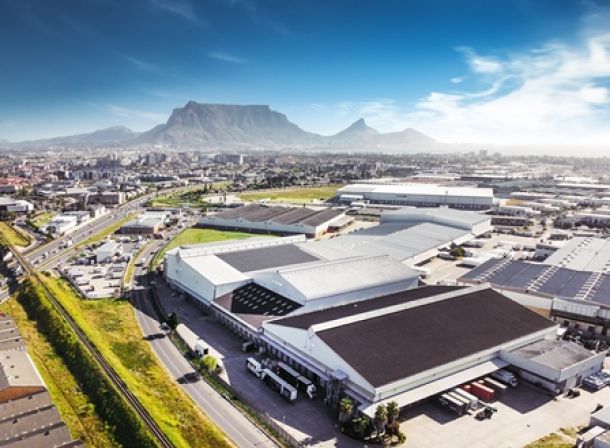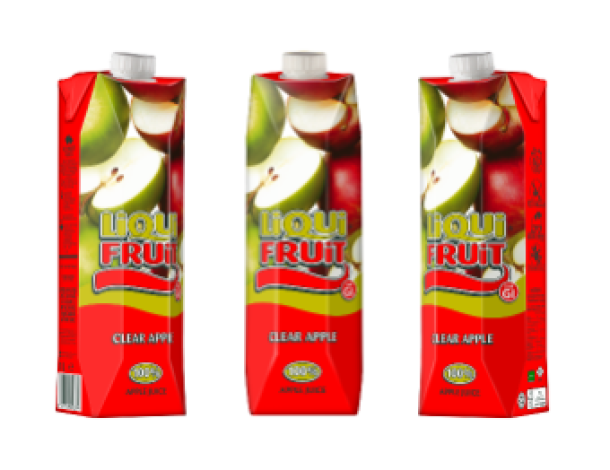Transport department signs off new speed limit for heavy vehicles
The department of transport has signed off on a new speed limit for heavy vehicles travelling on South Africa’s roads, restricting them to a maximum speed of 100kmph.
The regulation has been imposed on goods vehicles with a gross vehicle mass (GVM) or gross combination mass (GCM) which is greater than 3,500kg – which includes smaller goods vehicles if they are pulling a trailer.
Goods vehicles that meet this limit cannot exceed 100kmph on any of South Africa’s roads, even where the prescribed speed limit is set higher – such as on highways or freeways.
Goods vehicles with a GVM or GCM above 9,000kg are still restricted to a maximum speed limit of 80kmph.
The speed limits have been in effect since 11 November 2016 – with no grace period attached.
According to Justice Project South Africa head, Howard Dembovsky, it remains to be seen if and how the speed limit will be enforced.
“Most of the speed limit prosecution which takes place nationwide is done using speed cameras which have an upper limit set on them before they trigger, and thus tend to catch only those who exceed 130km/h where they are deployed on freeways,” he said.
“Nonetheless, fleet owners who operate goods vehicles which fall under the criteria above are advised to inform their drivers that this amendment has taken place.”
The department also made an amendment to transport laws regulating the conveyancing of people in the ‘goods compartments’ of bakkies.
Previously the law forbade the conveyance of persons for reward in the goods compartment of bakkies – this has now been updated to reflect specifically that school children cannot be transported in this compartment on public roads.
“Simply put, these amendments mean that transport operators who successfully acquire a public transportation permit in terms of the National Land Transport Act, 2009, may convey persons in the goods compartment of bakkies, etc. for reward – but under no circumstances is the conveyance of school children in the goods compartment of bakkies, etc. for reward allowed,” Dembovsky said.
“It is not clear how school children will be accommodated in rural areas with poor quality roads, which are inaccessible to buses, minibuses and the like.”
Related Articles

Clicks expands service delivery with the openin...

SPAR drives logistics innovation across distrib...

Futureproofing the supply chain in Sub-Saharan ...

Pioneer foods announces recall of certain 100% ...


